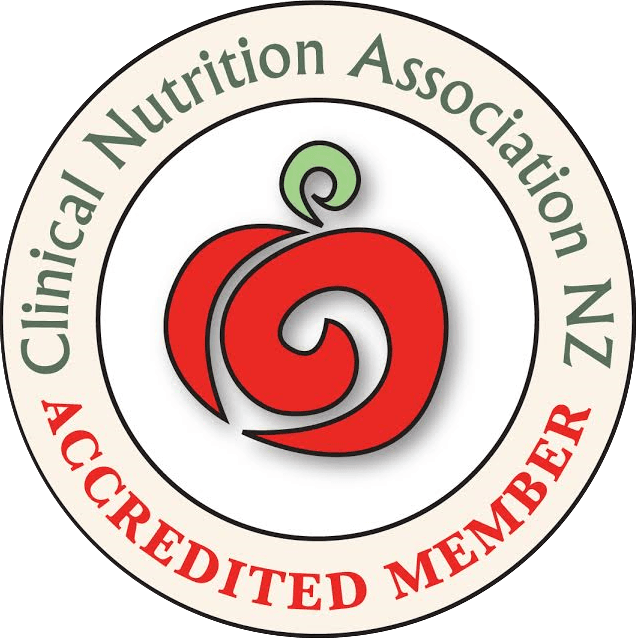The word Lectin has been used by many health experts over the years and the conversation is usually that lectins are seen as an enemy. Legumes and grains are the two categories of foods with high levels of lectins and it is believed that they trigger inflammation and intestinal permeability which can lead to a host of health issues. However, lectins are also found in fruits, vegetables and nuts. In fact, plant lectins act as part of the defence system against unwanted pests.
As lectins are a “sticky” protein that binds to carbohydrates it can be known as an “anti-nutrient”. This means that lectin foods can take away from the ability to absorb vital nutrients that contribute to proper health. Their desire to bind leads them to bind with your intestinal lining. For example, the lectin found in wheat can bind to the gut lining causing inflammation and can contribute to making the gut permeable which means the junctions that are supposed to be tight binding together can get loose. Some report indigestion, reflux, bloating and gas when consuming lectins. If the gut function is impaired due to poor digestion, poor quality diet, lack of good bacteria, yeast overgrowth, food intolerances, etc. then it may just not be able to process all that fiber from lectins. As everyone is unique there could be a number of reasons why these foods are causing issues, so a proper consultation and investigation into one’s health would be recommended.
There are some things you can do to reduce the potential downsides of lectins however, because we know that they are healthy foods! So here are a few things you can do to be proactive to help diminish the lectin content:
- Soaking – soak beans, grains and nuts over night and then rinse in the morning to remove all the lectins, (you will notice a white film of sorts that comes off in the water).
- Sprouting – sprouting seeds, grains or legumes reduces the lectin content. The longer the sprouting, the more lectins are deactivated.
- Pressure cooking – this destroys lectins.
- Boiling – inactivates lectins.
So, if you’re experiencing symptoms of gas, bloating, reflux, etc. then it’s possible lectins may be to blame. You can try deactivating the lectins as shown in one of the above methods, or remove the foods completely to see if the symptoms disappear. A Nutrition Consultation is also suggested to get to the bottom of your issue and address the root cause. Either way, it’s worth looking into your lectin consumption and listening to your body.


